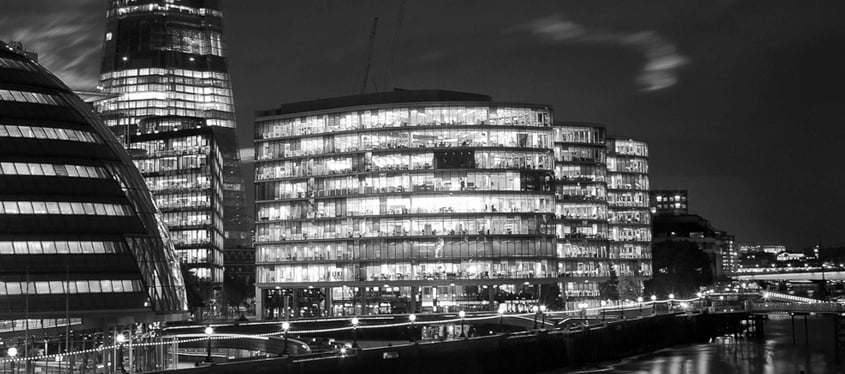Drink and Drugs Abound on Social Media in the UK – and it Could Cost You a Job
In this digital age, social media is one of the most prevalent ways of communicating and socialising. Whilst it can be fantastic for bringing people together and sharing thoughts and memories, it also has the potential to cause problems – and it could be costing people jobs. In a survey of over 2000 UK workers into attitudes towards social media and the workplace, we found startling figures that suggest a lack of awareness of how social media can land you in hot water at work. The public display of drug and alcohol use was significantly more prevalent than we had expected, with a massive 51% of employees stating that they would post a photo of themselves drunk on social media. Of this number, 67% actually had already posted a photo of themselves intoxicated online. Whilst not as widespread as drinking, drug use was still at shocking levels – with 14% of Brits revealing that they have previously posted a photo of themselves using drugs on social media platforms. This type of activity is highly likely to be a red flag for an employer who comes across it and could even result in punitive action. It may seem that this is all in the spirit of good fun, but it must be considered from an outside perspective. Taking drugs is illegal and employers are unlikely to take kindly to their employees promoting it online. Meredith Hurst, Partner at Thomas Mansfield, explains: “Current employees can find themselves in hot water by posting inappropriate content to social media. Pictures of drug use or excessive drinking can reflect badly on you – especially if it can be argued that it goes against the terms of your contract or could damage the company’s image and reputation.” “We may think that our profiles are quite hidden, but often this simply isn’t the case. If a client, partner or supplier were to see such content, it could seriously undermine their perception of the company. It’s prudent to do a bit of housekeeping on your profiles once in a while to make sure you’re presenting the right impression” Unfortunately, it seems that many people are yet to heed this advice, with 23% of workers stating that they never check to see if their social media profiles are free of risky or offensive content. A further 12% stated that they just didn’t care how their online presence looks to others, including recruiters, meaning that a significant portion of the workforce could be finding themselves silently screened out of the recruitment process. Recruiters increasingly use social media as a tool to research potential candidates, in fact, according to a 2015 survey by CareerBuilder, 52% now pre-screen employees on social. As such, the picture a profile paints is incredibly important and revealing. If the perception a recruiter gets of a candidate whilst reviewing their social media profile is one lacking in maturity or exhibiting potentially unstable behaviour, it’s unlikely that the candidate will be viewed in a positive light. Meredith Hurst explains further:”You might think that your social media profiles are your own private domain, but this is unfortunately not the case. In the current job market, potential employers are increasingly turning to social media to research candidates, so it’s important you present them with a picture that reflects you as a mature, dependable adult.” One question our findings raise is whether employees are being willfully ignorant, or even negligent when it comes to educating their employees and implementing social media policies. A strong and clear social media policy can go a long way towards educating your employees on the dos and don’ts of social media usage. It can also help prevent any unfortunate fallout resulting from inappropriate use of social. If you’re an employee and unsure of the rules, we recommend reading through your social media policy to make sure you know exactly what’s expected of you. Meredith concludes:”Social media is not going away and is only continuing to grow in use and popularity. Employers and employees alike need to ensure they know exactly how work and social lives mix on the social media plane and how they can both avoid any unnecessary unpleasantness. We always recommend implementing a social media policy and reviewing it regularly.”







